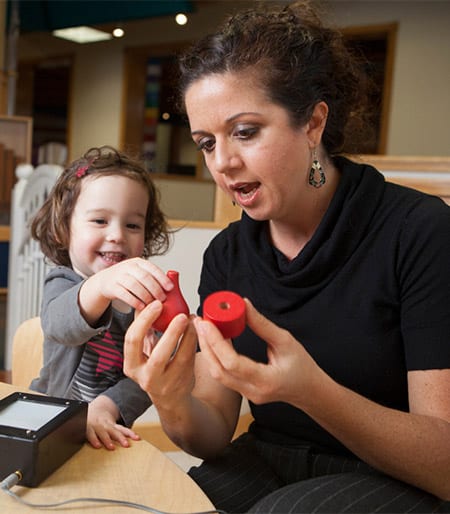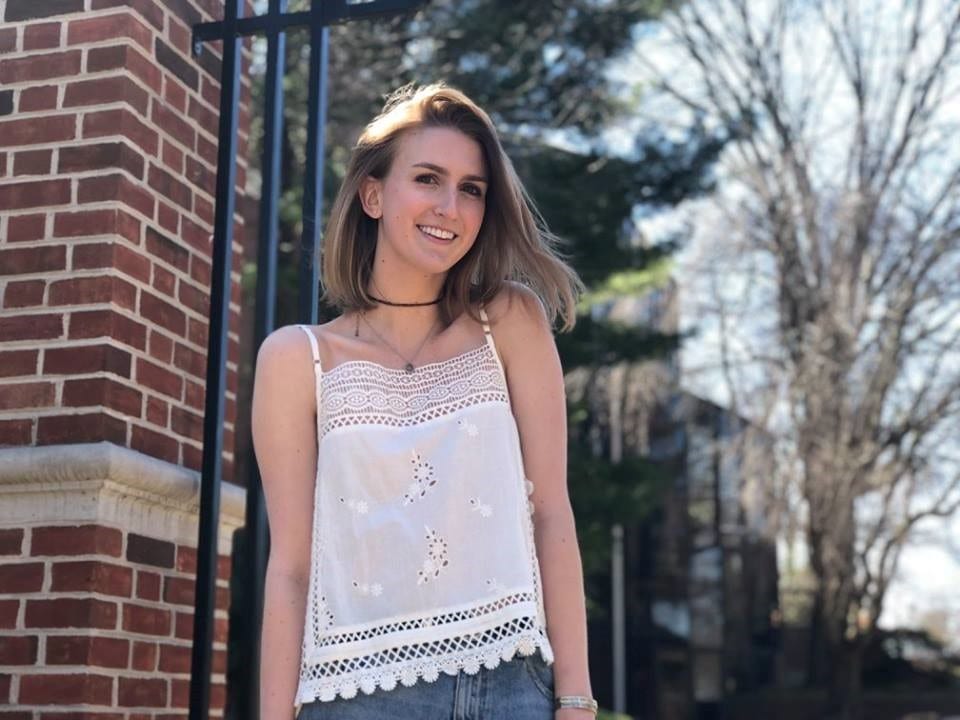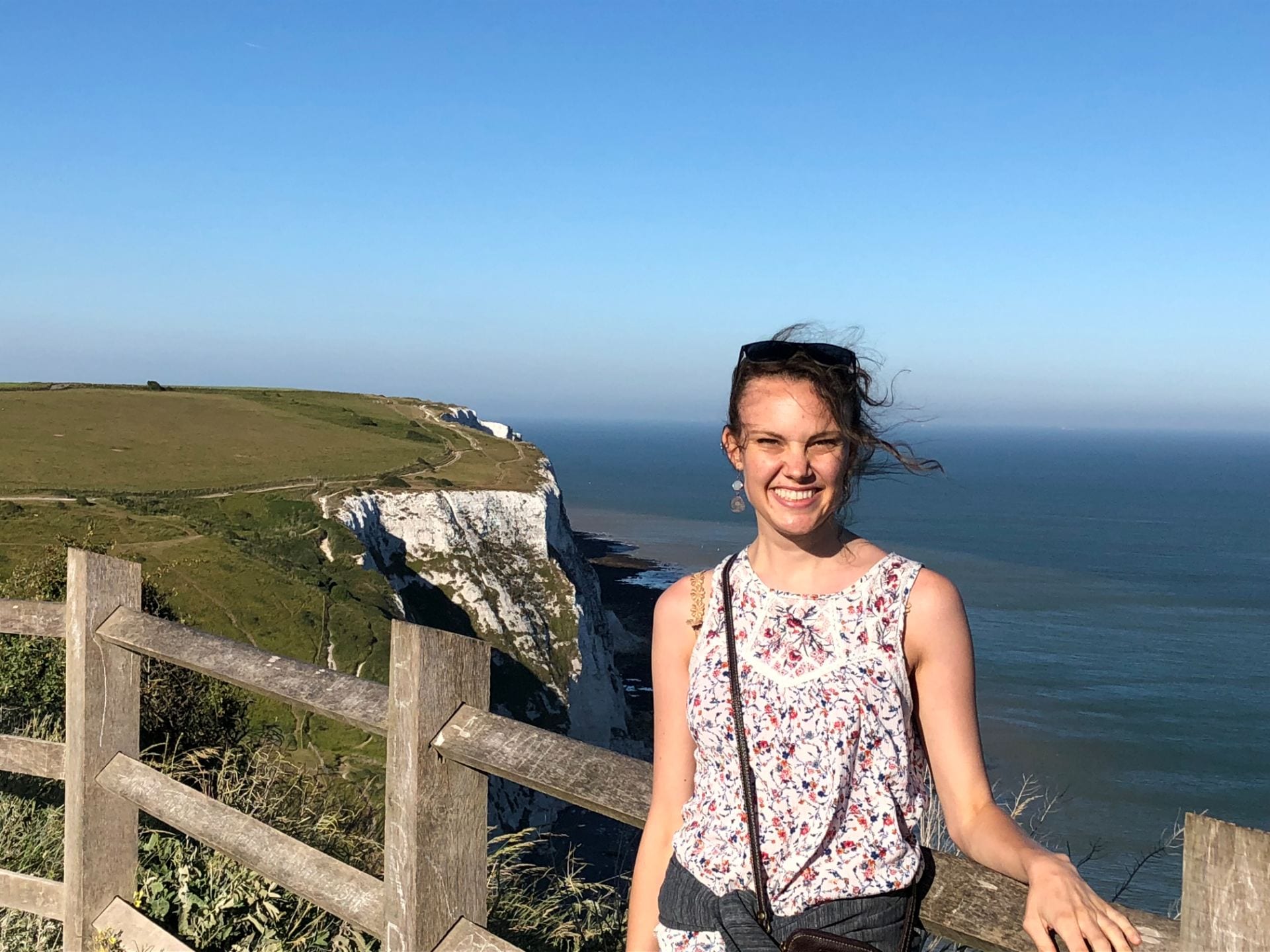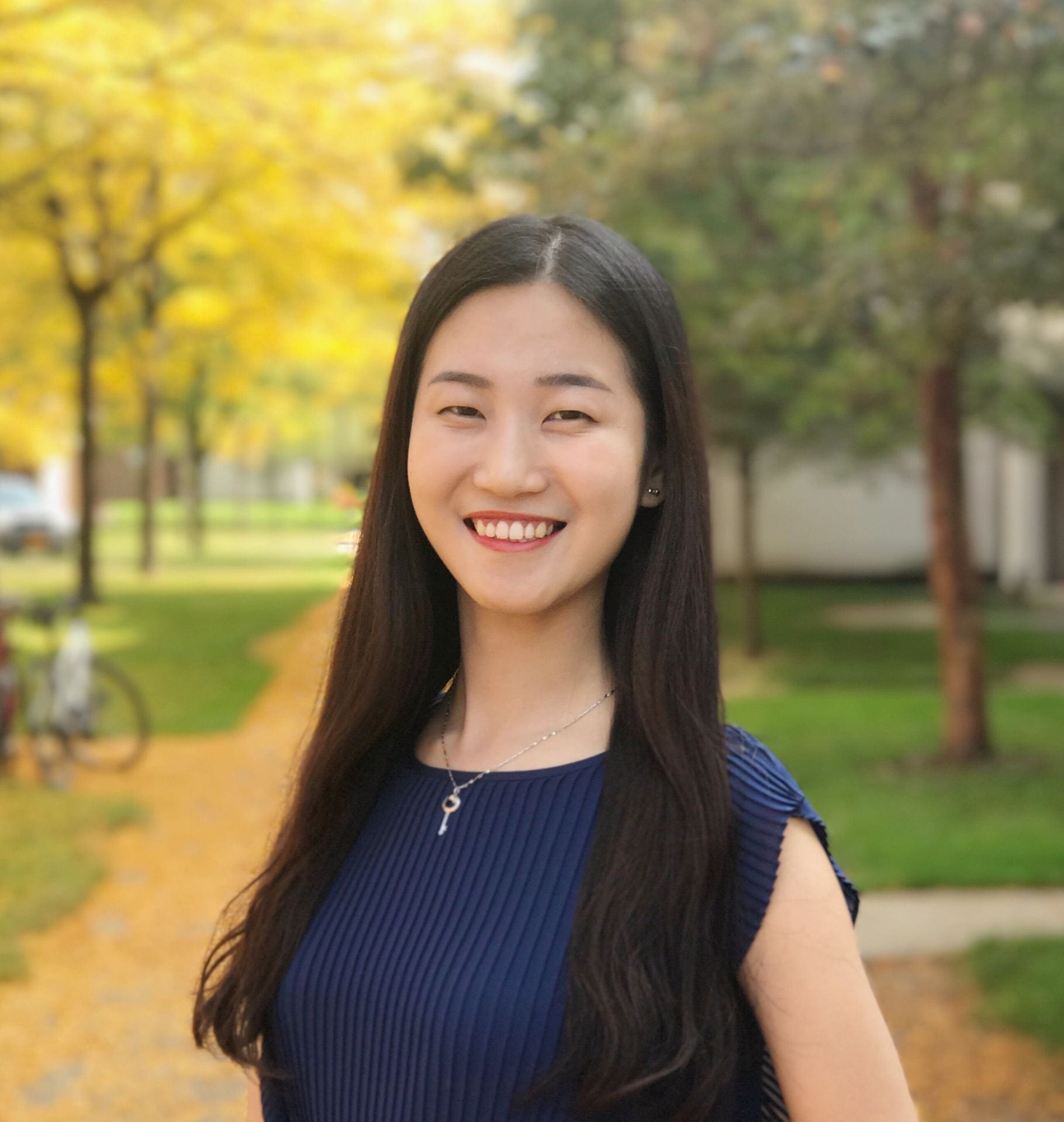
Daniel Casasanto is Director of the Experience and Cognition Lab in the Department of Human Development. The focus of his research is how does our experience, specifically, our cultural, linguistic, and bodily experiences, affect how we think, feel, and make decisions. In a 2016 interview with Atlantic magazine, Casasanto discusses how hand preference can have a profound influence on our motivations and decisions. Three of his graduate students--Emma Murrugarra, Amritpal Singh, and Ché Lucero--reflect on what led them to work with Dr. Casasanto and enroll in the Department of Human Development Graduate Program.
EMMA MURRUGARRA
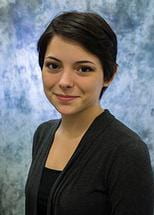
Can you tell me a little about your background and why you chose the graduate study program in Human Development program at Cornell?
I graduated from the University of Kansas with Bachelor's degrees in Human Biology, Psychology, and Philosophy. I came directly to Cornell to work with Dr. Daniel Casasanto's Experience and Cognition Lab. I was drawn by both the lab and department philosophy of studying cognition in the broader context of human development (e.g., physical, cultural, biological, etc.).
What research projects have you been involved with during your time here at Cornell?
Since coming to Cornell, I have been involved in projects looking at mental metaphors, specifically how we think about the relationship between time and space. Additionally, I have been investigating potential hormonal influences on the differences in abstract reasoning we find between eastern and western cultures.
AMRITPAL SINGH
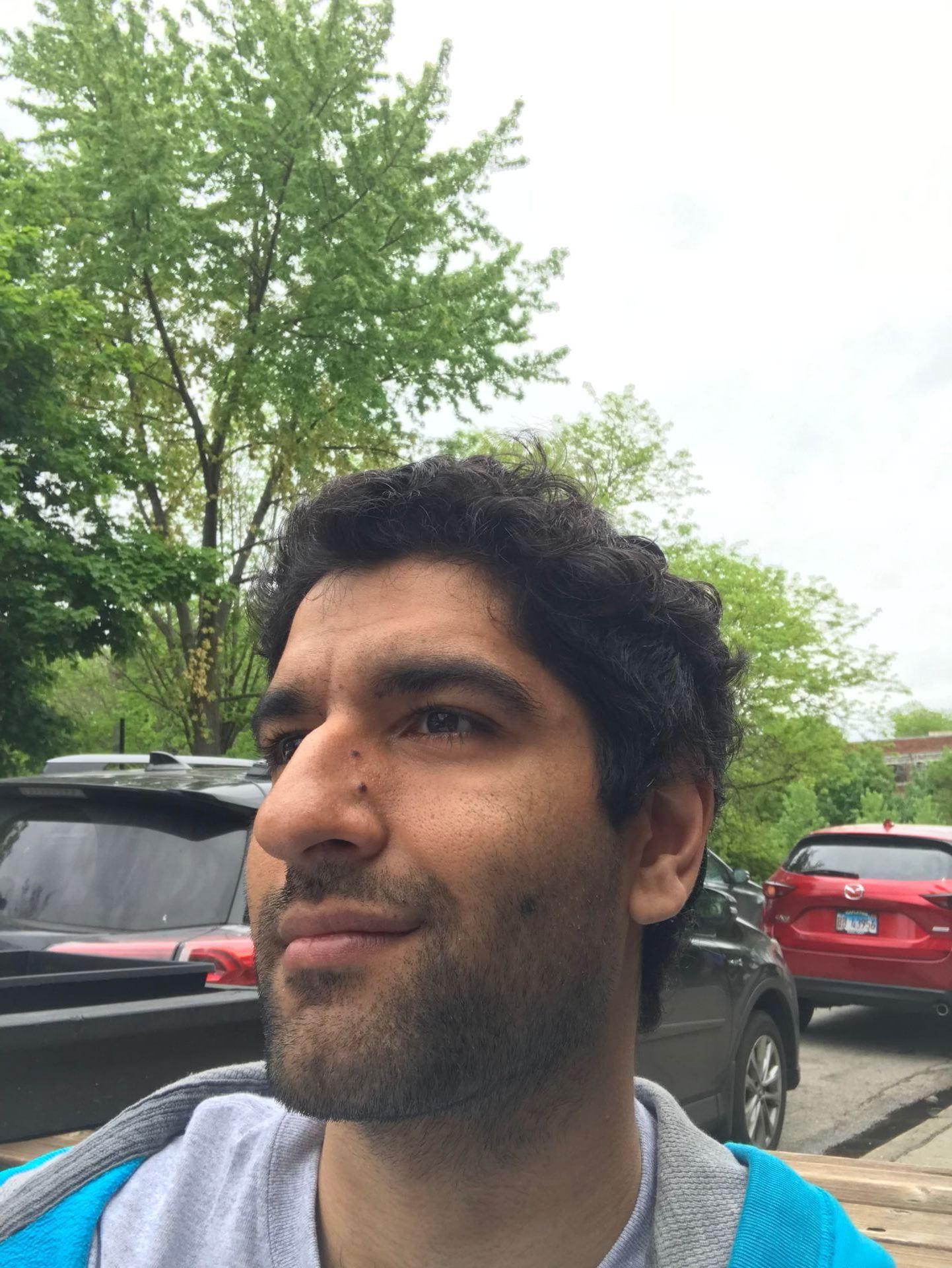
Can you tell me a little about your background and why you chose the graduate study program in Human Development program at Cornell?
I graduated from St. John's College, Annapolis, having completed a Great Books program there. I came to the Human Development program to work in the Experience and Cognition Lab because I wanted to study how mind and brain change and develop as a result of the interactions between them and their environments.
What research projects have you been involved with during your time here at Cornell?
One line of research I'm engaged in investigates how the way in which we use our bodies influences the neural organization of emotion. Another line of research I'm a part of investigates how abstract thinking can vary across different cultural contexts.
CHÉ LUCERO

Can you tell me a little about your background and why you chose the graduate study program in Human Development program at Cornell?
I completed my first few years of doctoral work at The University of Chicago. My advisor there, Prof. Casasanto, accepted a position at Cornell in Human Development. I decided to transfer to Cornell to complete my work. UChicago is wonderful and I had the option of completing my doctorate there, but I was lured by the integrative, cross-disciplinary aspect of the Human Development department here at Cornell and decided to make the leap.
What research projects have you been involved with during your time here at Cornell?
My research at Cornell has focused on how the human brain can rapidly approximate numerical quantities. To get a sense of what I mean, imagine if I gave you just one second to glance at a table that had nine oranges and sixteen apples sitting on it. You wouldn't have the time you'd need to count them, but you'd know that there were more apples than oranges anyway! If I then asked you to guess exactly how many apples and how many oranges there were, your answer for each might be off by a small amount, but you'd be very unlikely to make a huge error (e.g. you wouldn't guess twenty-five oranges). You were able to get an approximate sense of the number of fruit very quickly, and without resorting to counting!
Well, that's neat! But, how does the brain do that? Decades of research in humans and primates (who also have number approximation abilities) have pointed to one particular part of the brain as being critical for approximating quantities; the intraparietal sulcus. The intraparietal sulcus is considered to be a relatively "high level" area of the brain because it receives and integrates input from many other areas, including from multiple "lower level" areas that are heavily involved in processing the senses (i.e. audition, vision, etc.) The best understanding has been that the intraparietal sulcus computes approximate number on the basis of sensory information that was fed up to it by the "lower level" sensory areas.
The projects I'm involved in have been testing a relatively new idea, that the visual system (occipital cortex) might treat numerosity as a visual feature, similarly to how it processes features like contrast, color, or edges. We have been using neuroimaging techniques like electroencephalography (EEG) to observe subject's brain activity while we show them scenes containing varying numbers of objects very briefly (thirty scenes per second!). Our initial experiments have provided strong evidence that the visual cortex is itself approximating number without input from the intraparietal sulcus. This discovery is a bit startling and naturally raises questions about the role of the intraparietal sulcus' in numerical cognition, since researchers previously believe it to be the only place in the brain that computes approximate number. We are currently preparing new experiments to figure out what role the intraparietal sulcus is playing. Is it also approximating numerosity independently of the visual cortex? Does it receive pre-computed approximate number representations from the visual cortex? We have hints that part of the intraparietal sulcus' role may be in bringing number approximations to conscious awareness.







 Three of
Three of 